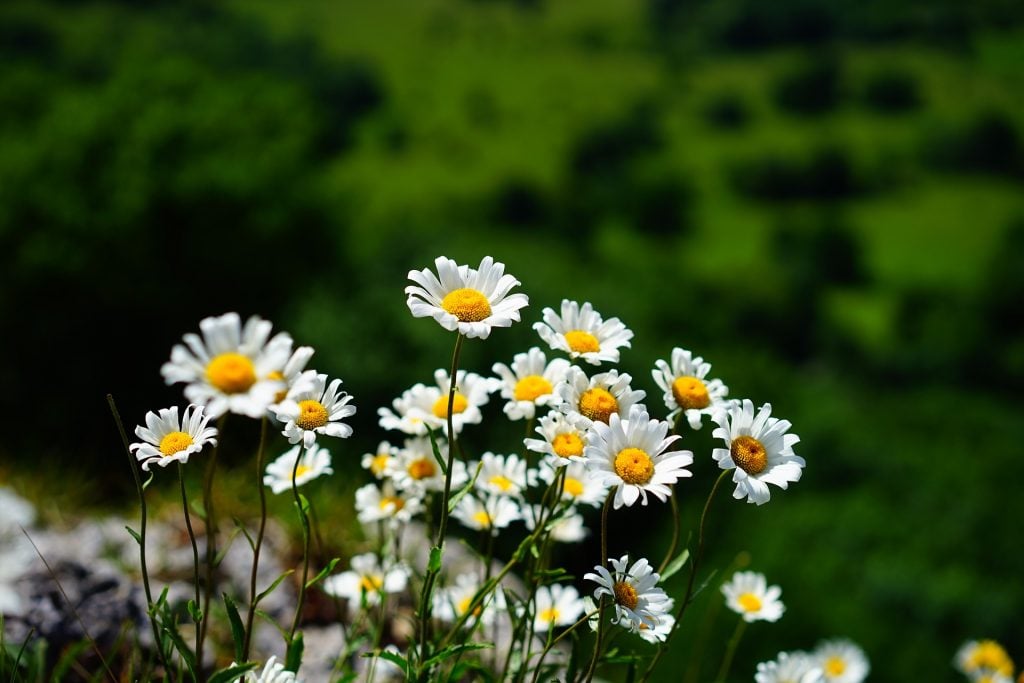If you suffer from migraines or are allergic to bees, you should seriously consider planting feverfew in your garden.

More about the bees later, but migraine sufferers will be pleased to know feverfew is one of the few medicinal plants to have had the benefit of clinical tests. The tests came about after a newspaper article recounted a woman’s claim that her severe migraine headaches had been eliminated through the ingestion of feverfew leaves.
The report of the clinical tests appears in Richard Mabey’s The Complete New Herbal, but to abbreviate that report for the purpose of this article, the laboratory tests confirmed what herbalists have known since before the time of Christ—that feverfew has amazing curative powers, including countering depression.
In 70 per cent of the tested patients the attacks were less frequent or less painful or both, and in a third of all those tested the attacks disappeared never to return, over the several years of the study.
The results of those initial tests so excited the scientists they conducted further tests on feverfew and the results were, to them, astounding. They found that feverfew has the additional medicinal benefit of allaying nausea and vomiting, relieving the inflammation and pain of arthritis, promoting restful sleep, improving digestion and relieving asthmatic attacks.
Feverfew may be eaten raw or made into a tea, which is taken in small doses. Old herbals recommend it for women as a tonic and as a general remedy in hysterical complaints (please note that I use the word “hysterical” in its proper medical sense, meaning gynaecological and therefore pertaining only to women), nervousness and for low spirits.
As a febrifuge (fever-reducing agent) it will induce perspiration, thereby lowering body temperature. Externally, the tincture is used to relieve pain and swelling caused by insect bites and as an insect repellent—particularly bees.
Feverfew seeds can be scattered in your garden to keep bees at bay, but this should only be done by people allergic to bee stings because, as every gardener knows, bees are vital in the pollination process, and once feverfew gets a hold in a garden, it grows with weed-like tenacity resisting everything from frost to drought.
Find out more about the medicinal benefits of feverfew and other herbs through enrolling in our Online Herbal Medicine Course today!
